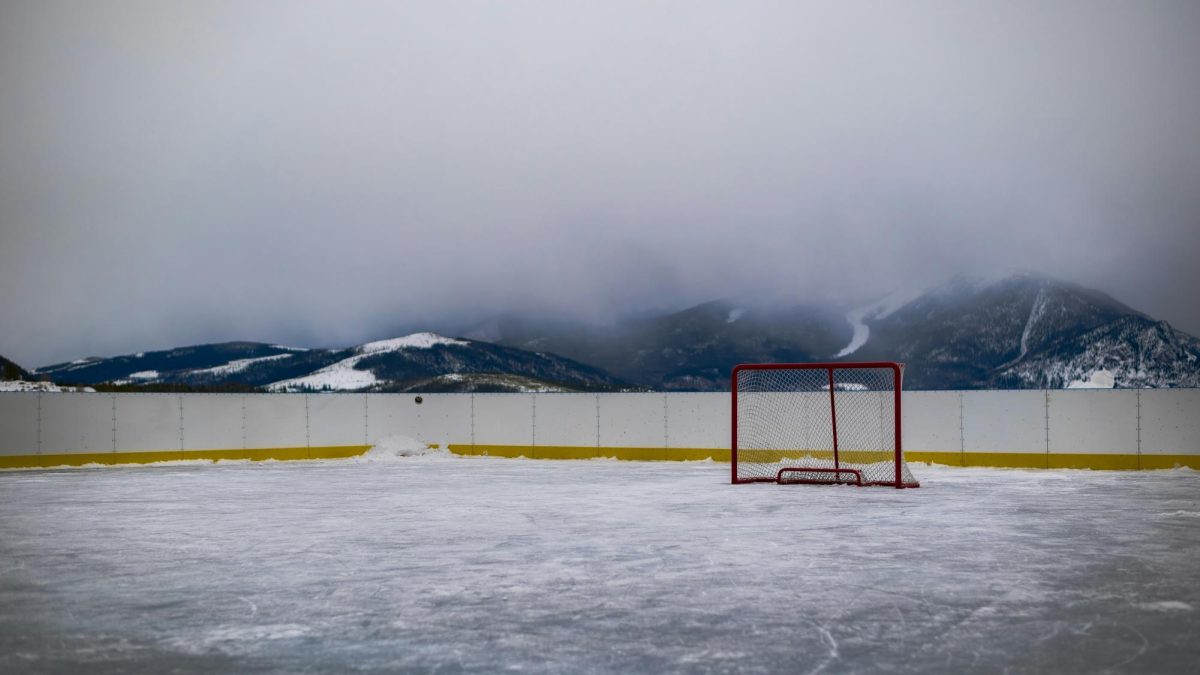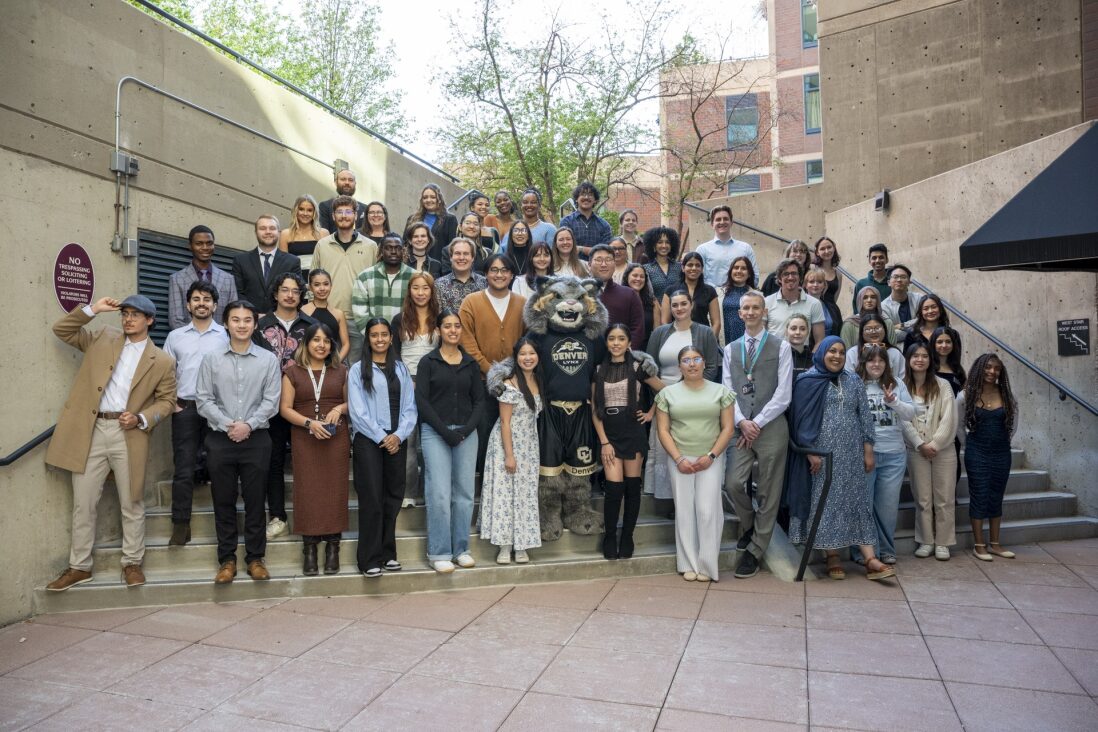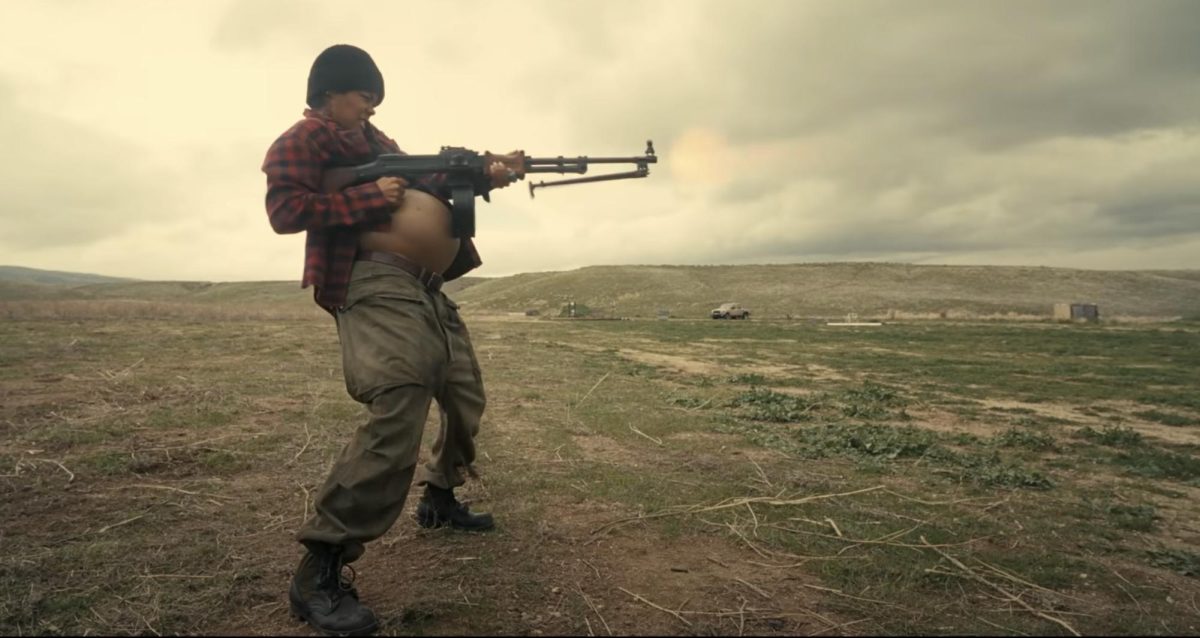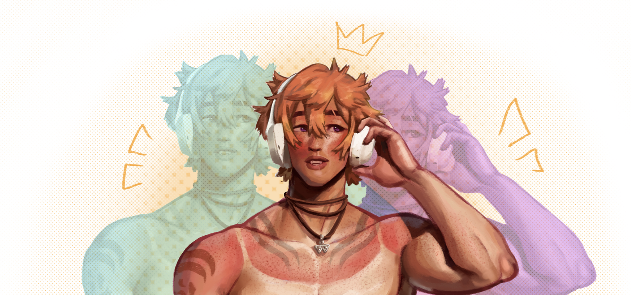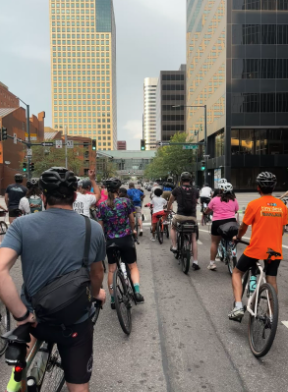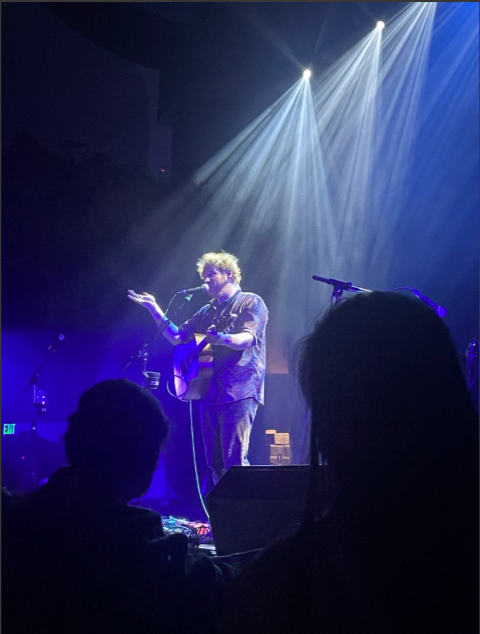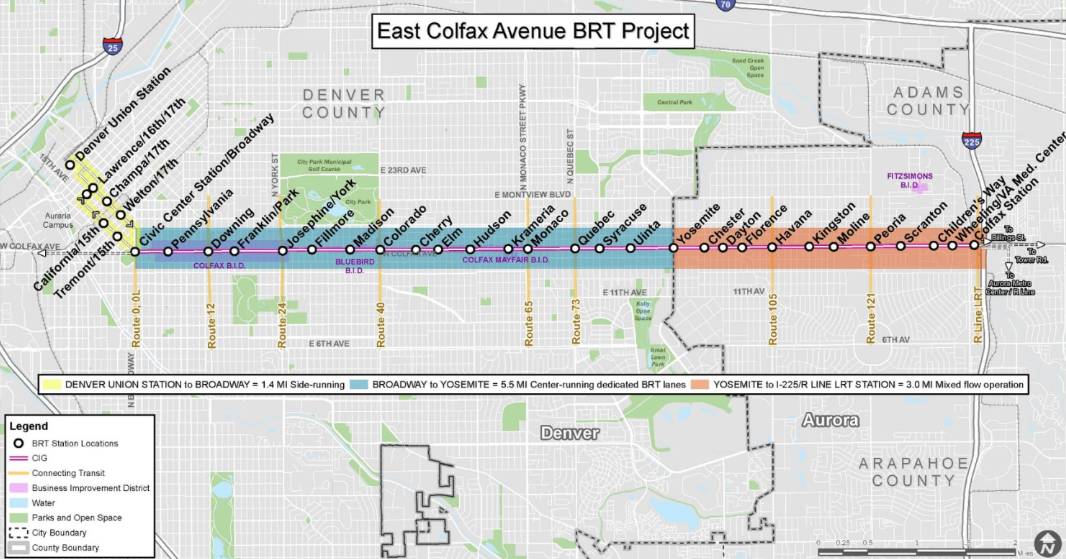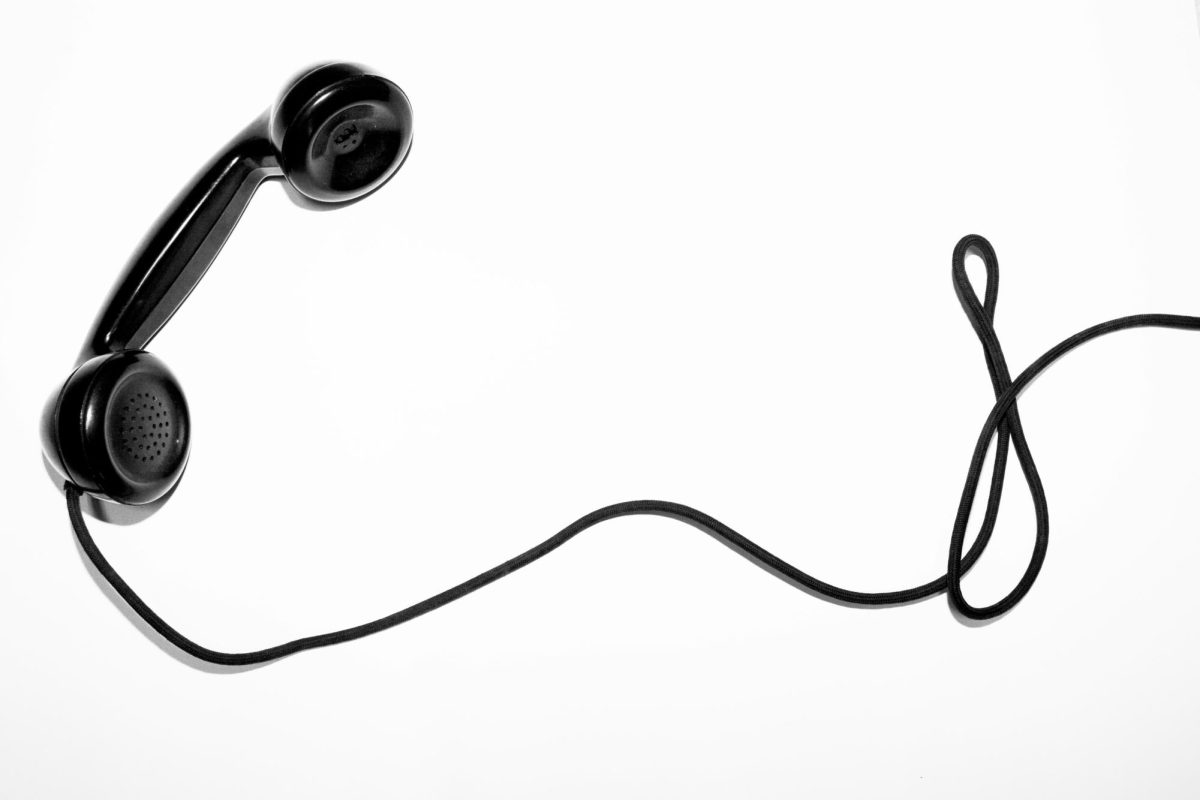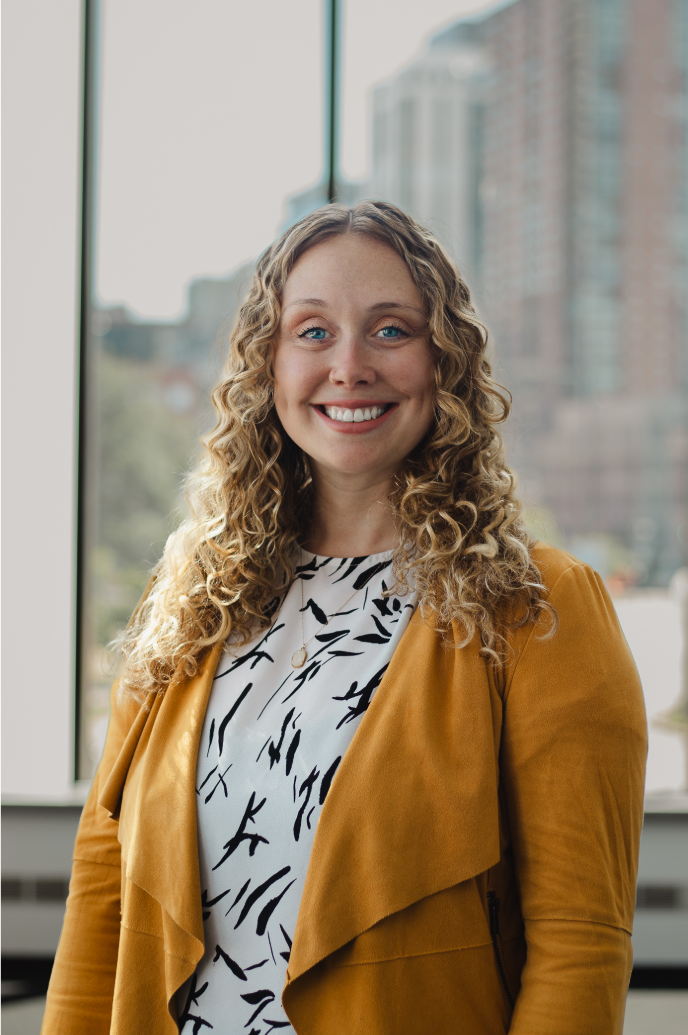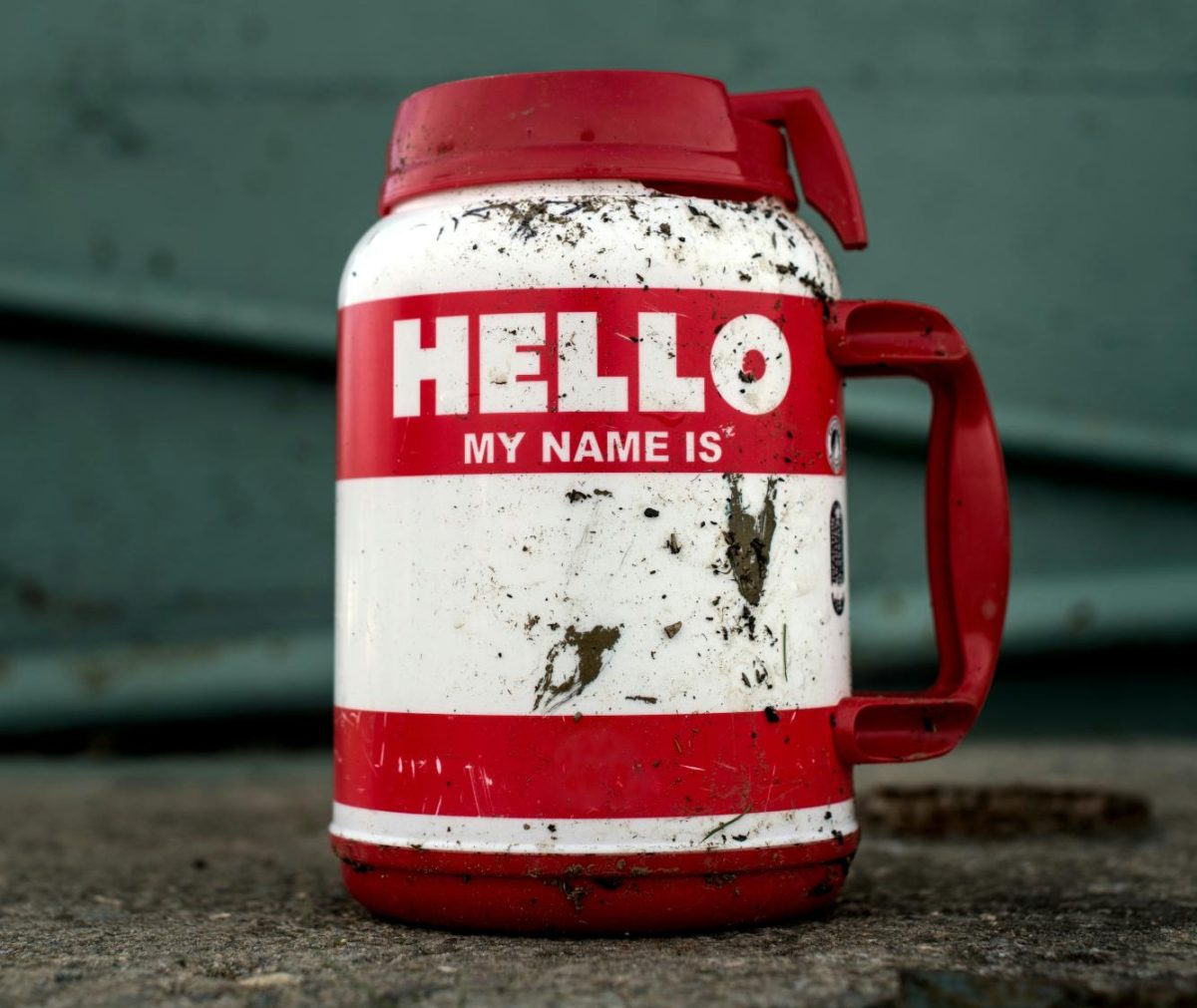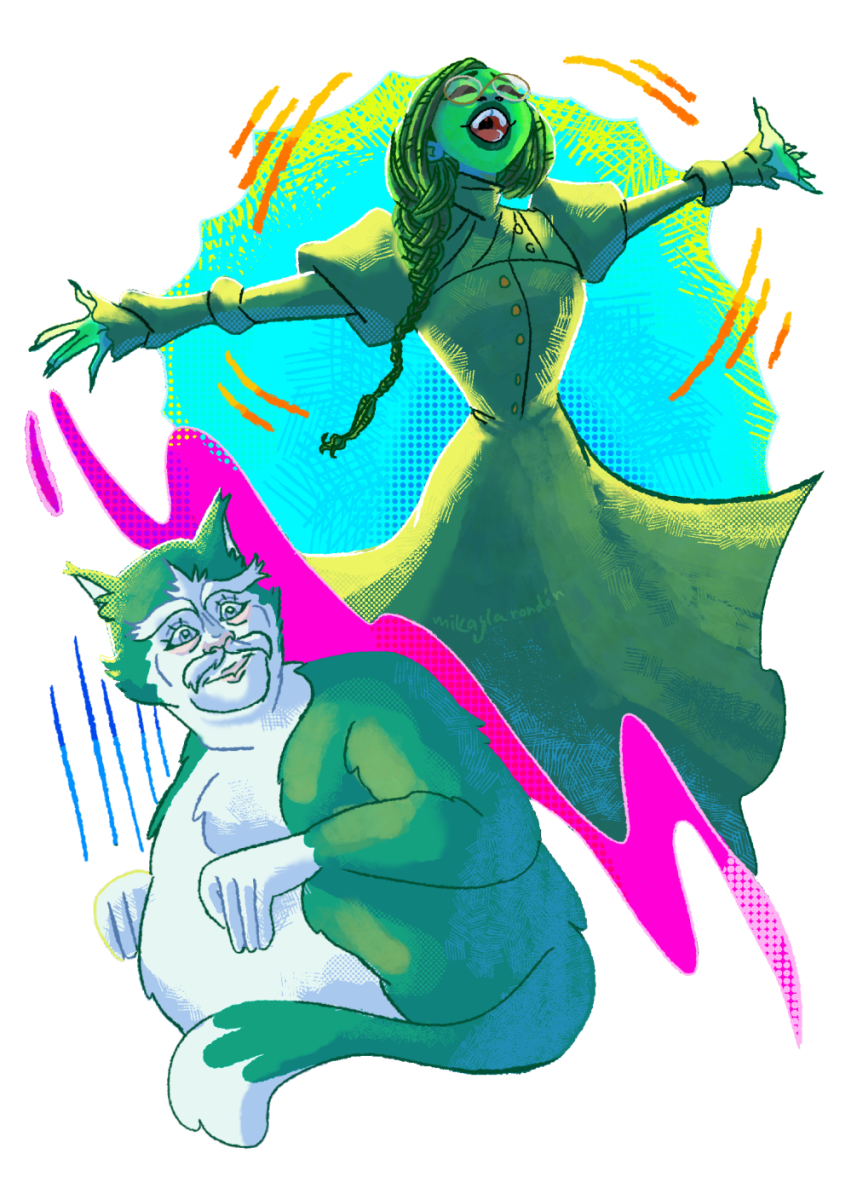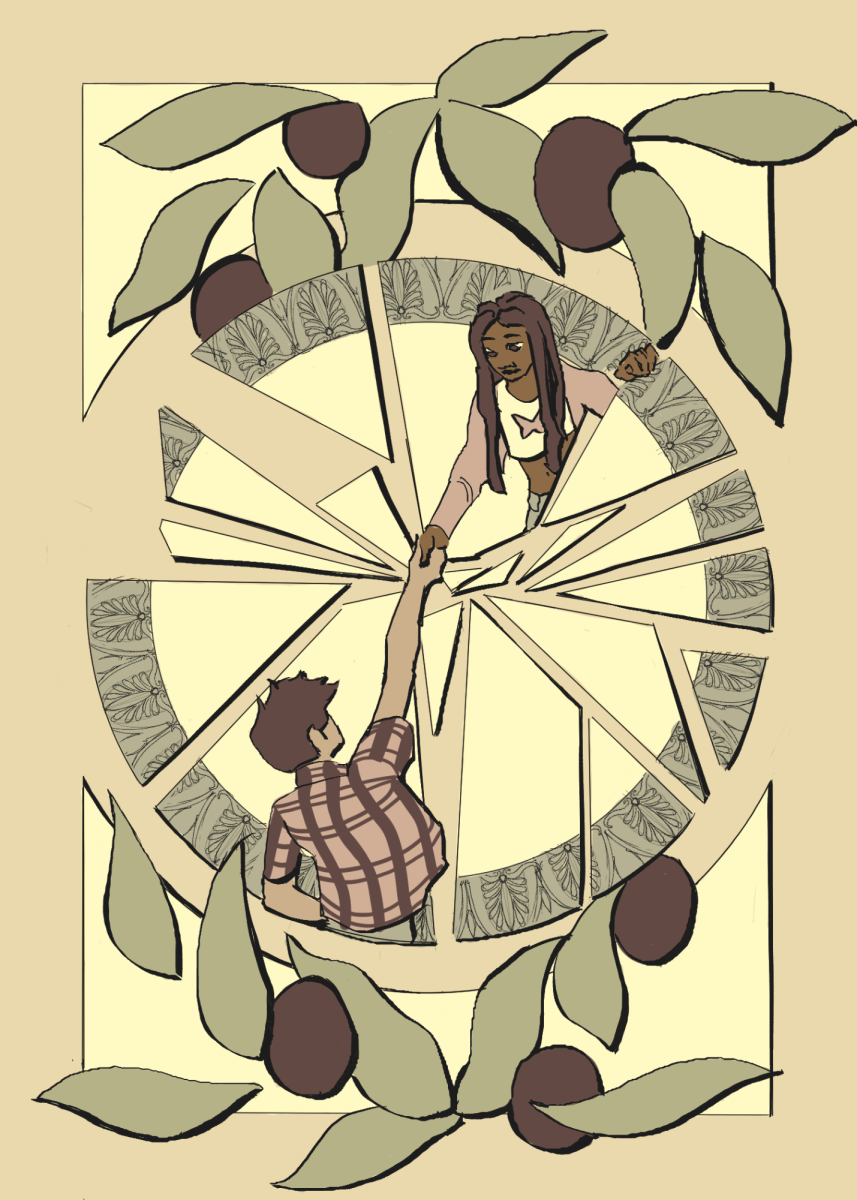One particularly beautiful summer day in 1969, Mr. Rogers, host of famously wholesome American TV show Mr. Rogers’ Neighborhood, decided to cool off on air. He laid out a kiddie pool, filling it first with water, then with his feet. Feeling newly refreshed, he sought to share his relaxation with Officer Clemmons, a Black policeman on the show. Clemmons obliged, and when his feet entered the water, the two washed away a long-standing racial barrier in America. In their time, Black and White communities did not share water; Black pool-goers would be harassed and even attacked for their mere presence at public pools. When Mr. Rogers invited his friend in, they cleansed themselves of dirty feet and subsequently helped to cleanse their country of a long-held stigma. He extended an olive branch that day, broadcasting a message of peace, hope and acceptance to those willing to receive it.
We’ve come a long way since then, from segregated pools to integrated schools, from malignant adversity to widespread diversity. Yet there is still so much to be done. Even on CU Denver’s campus, where we find ourselves stirring among the melting pot of ideals and cultures, we often find ourselves divided. The racial division Mr. Rogers set to heal found footing in collective hate, but our division today takes root in individual loneliness. Between the vitriolic political climate that finds any reason to divide us, the global loneliness epidemic which finds itself most pronounced in college-age individuals, and the withering away of our social skills due to the pandemic and hyper-online communication, it has never been easier to feel alone.
These factors come together to create an increasingly isolating cycle of loneliness and polarization. Loneliness is not being alone, rather, it comes from an unfulfilled desire for interaction. It can happen in solitude but is often most pronounced when surrounded by people. For instance, somebody who feels disconnected with their fellow students will possibly feel loneliest walking among them in the halls. This loneliness rusts our social skills over time, and lonely individuals disproportionately gravitate towards social media for easily accessible connection, marking further damage to our social skills. When we look down at our phones walking through campus, we miss the learning opportunities found in the social cues of our peers. This disassociation from our surroundings makes us feel even more lonely.
The downward spiral of disconnection from the real-world results in an over-reliance on social media for a sense of connection. Unfortunately, major social media companies prey on lonely people, intentionally using their need for community and negative interpretation of the world to polarize them into echo chambers. Lonely people pathologically find reasons to reinforce their distance from other people, and online echo chambers give them reason after reason to feel that they can’t and shouldn’t fit in. The individual feels that they are even more isolated than before and can only find belonging within their echo chamber. The profound depression created by the reliance on online echo chambers increases reliance on social media and the echo chamber, furthering the cycle of loneliness and polarization that has poisoned so many of our minds. This cycle has twisted millions of innocent, struggling individuals into the hateful and divisive voters that have formed our political climate today.
How can we seek to sow these divisions? How can we welcome the unwelcomed? How can we befriend the friendless? We cannot fix the systemic problems that perpetuate this cycle yet, just as Mr. Rogers did not end prejudice, but we can work to stop the cycle in our own lives and community. I believe it all starts with a smile. When we look up from our personal bubbles and out onto the kind faces of our community, what is there to do but extend our most universal olive branch? In receiving a smile, we are told we are seen, that our presence is appreciated. In returning that smile, our joy is shared, and a bond is formed. Through that bond, our campus is a little less isolated, we stand a little less divided, and our world is a little brighter.


